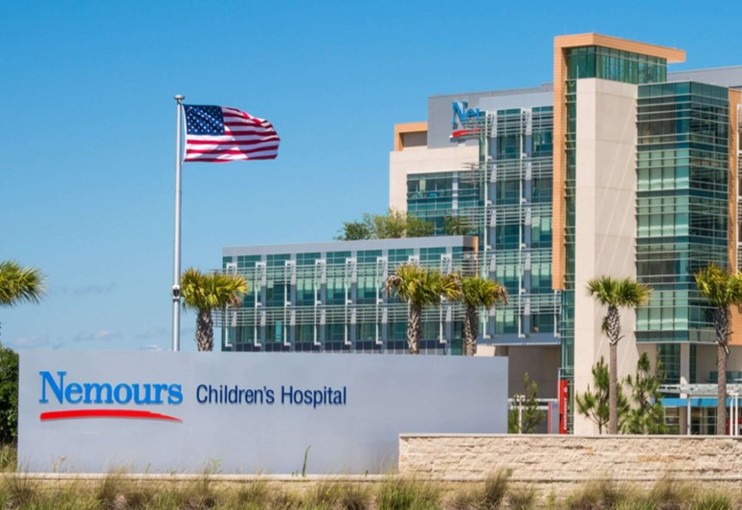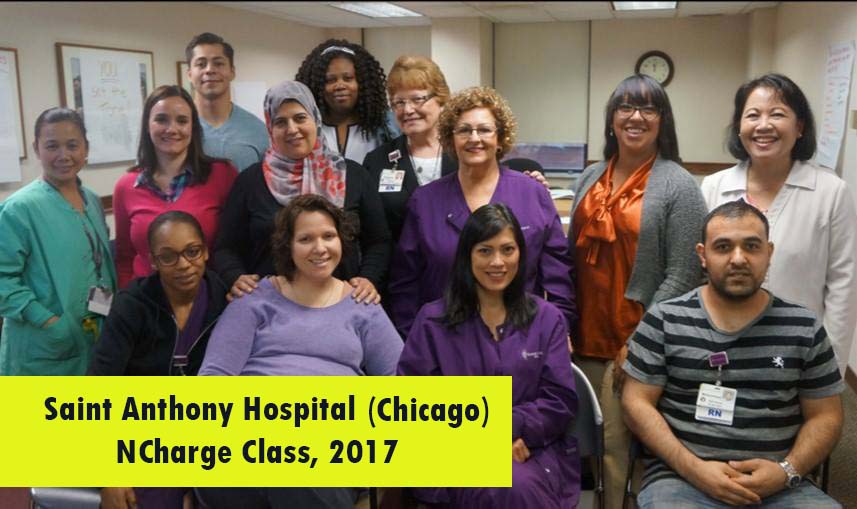A new era of health care preparedness is upon us. For the healthcare industry in general, scaling up can happen when backs are against the wall. We know we can quickly add capacity, or have the ability to add capacity when care delivery needs are vast (ICU for ex.) With this new can-do spirit, we’ll see new approaches to how healthcare will be organized, delivered and distributed. And it can be led by nurses. Here are a few hypotheses of what some of those changes could be:
Increased Talent Supply from Younger Clinicians
Even before the pandemic, many clinicians were frustrated by the limitations of overstretched health systems. Some of these clinicians will leave the profession for good, or scale back hours. This experience also will inspire many young adults to pursue a career in medicine. We surely need them. Besides recent optics showing how important this field is, young adults now see how large the demand is for nursing services, and how much job security they would have in an otherwise uncertain world. Expect more males to enter the nursing profession. There hasn’t been a “nursing profession surge” since the 1970’s, but expect one in 2021 and the immediate future.
Nurses are finally getting the credit they have deserved all along; the words “thank you for your service” have probably never been spoken more in history. We hope this positivity and compassion keeps nurses going, and inspires the next wave of talent.
Distance Work….. and Distance Learning
The pandemic showed that more nursing work experiences can be taught digitally, so more nursing schools are offering some online learning. And many believe a rise in digital nursing jobs will emerge from the pandemic, in telehealth and work-from-home settings. These roles could be aesthetics nursing, medical writing, home healthcare, legal nurse consultant, insurance case manager RN, for example.
Leadership development for bedside nurses will change too. Instead of classroom-based Charge Nurse or Nurse Manager development, much will move online and be available when nurses are not needed at work. NCharge: “Nurses Learning to Lead” for example is now offering fully digital nurse leadership development for Charge Nurses. Courses like Charge Nurse Fundamentals, Critical Thinking Skills for Charge Nurses, and Supervisory Skills for Positive Outcomes are fully available online.
Allowing Nonphysicians (Nurses, NP’s, PA’s) to Play a Larger Role
This pandemic put a large strain on emergency rooms and ICU’s. The non-physician support team has never been more important. But this situation only spotlights a problem that predates COVID-19 by decades. Many hospitals, particularly rural hospitals, are struggling to financially keep the doors open, and many could provide care at lower costs by leaning more heavily on non-physician practitioners. We may see Congress, state legislatures, and state medical boards start to ease restrictions, to allow these clinicians to provide more care. Needing nurses to be frontline leaders is more important than ever.
“Investigator-in-Chief” is officially added to the Nursing Job Description
Nurses have always worn many hats, some they haven’t always received proper credit for. But the pandemic, with a virus that sometimes has undetectable symptoms, has brought to light the new role of “investigator.” Nurses have had to play the role of screeners and contact-tracing investigators, enforcers of high-risk group prevention procedures, run surveillance on nosocomial infection prevention, and decoders on how to communicate to isolated/stressed patients through cultural differences.
Clinical Cross-Training, Especially for Critical Care Skills
As some health systems saw high quantities of COVID-19 patients, nurses of all specialties are turning into critical care nurses. Any nurse treating the virus needs to quickly cross-train in ICU procedures, especially being trained to care for patients with ventilators and other oxygen-delivery systems. While nurses from various units in some hospitals were floated to the ED to assist with patient volume during the outbreak, some will want to stay with that focus and appreciate working in an essential service.
Currently, of 4 million trained U.S. nurses, only 15% work in critical care units. Look for nursing schools to ramp up clinical experience curriculums in the near future.
Labor Supply Chain Shifts, and Scaling Up
The pandemic has shown that healthcare is in need of more reliable supply chains. You might think this trend will only affect pharma and device/equipment companies, but it will affect us all. In nursing, this could affect labor. Relying on international nurses for example may be relooked. And we’re already seeing travel nurses struggling to find contracts, as many hospitals cut much non-essential care. Many hospitals are re-looking at finances, cutting overtime, cutting per diem nurses and managing through hiring and wage freezes. Elective procedures are coming back, but will the international and travel nurse trend be the same? In the pandemic, we’ve seen that nurses can learn ICU skills quickly and with limited orientation. So health systems may think more about retraining of local full-time nurses to fill future labor gaps, instead of relying on a more uncertain supply chain of traveling/seasonal nurse labor.
Because of the pandemic, federal and state governments are shifting more government-aid to train new healthcare workers in late 2020 and 2021. As many people have been laid off during the pandemic, the federal government will roll out programs to train left out labor pools into higher demand healthcare roles. Some nursing school admissions may be waiving certain entrance requirements as well, including flexible start times. With standardized testing centers shut down, universities are reassessing testing requirements, which could help more students to be admitted to nursing programs.
As we witnessed society nearly close down this Spring, empty streets in our busiest cities, and desperate city officials begging people to stay home, there is no doubt that the world has changed. While most of us were at home, nurses have been fighting on the front lines. Stories of heroism are almost too many to count. As we eek into a new reality, some changes will come to the nursing industry, affecting nursing perceptions, processes, skills needed, and talent pool. Nurses will be where they have been throughout the pandemic; caring, advocating, leading, adapting, and innovating.
—
“5 ways COVID-19 will change the future of work,” Cornerstone, Kris Dunn, July 20, 2020
“The backbone of healthcare: 3 CNOs on what COVID-19 has taught us about nursing,” Beckers Healthcare, Mackenzie Bean, May 11, 2020
“How will COVID-19 change the working lives of doctors and nurses? Philips, Jan Kimpen, April 14, 2020
“This is How COVID-19 is Changing The Future of Nursing for Students and Tenured Nurses,” Nurse.org, Kathleen Gaines, June 26 2020
“7 Ways COVID-19 Will Change the Future of Nursing for the Better,” Aspen University, Sarah Jividen, July 21, 2020
“Life after COVID-19: What Will Change?”, Medical Futurist, April 21, 2020
“How COVID-19 will impact the future of nurses,” Local 21 News Pittsburgh, Talia Kirkland, May 1, 2020
“9 ways COVID-19 may forever upend the U.S. health care industry,” Stat News, Lev Facher, May 19, 2020
“How Nurses are Keeping Up with Practice Agreement Changes During COVID-19,” Registered Nursing.org, April 17 2020
“What’s Changed in Nursing During the COVID-19 Pandemic,” Travel Nursing.com, Lee Soren, August 22 2020
“Nursing Perspectives on the Impacts of COVID-19,” The Journal of Nursing Research, Wolters Kluwer Health Inc. – Shu-Ching CHEN, June 2020
“Emergency Nursing, Post-Pandemic: What Changes Can We Expect,” American Mobile, Debra Wood RN
“How COVID-19 will impact the future of nurses,” Local 21 News in Harrisburg PA, news segment by Talia Kirkland and interview with Dr. Mary Glasgow, Dean of Nursing at Duquesne University





